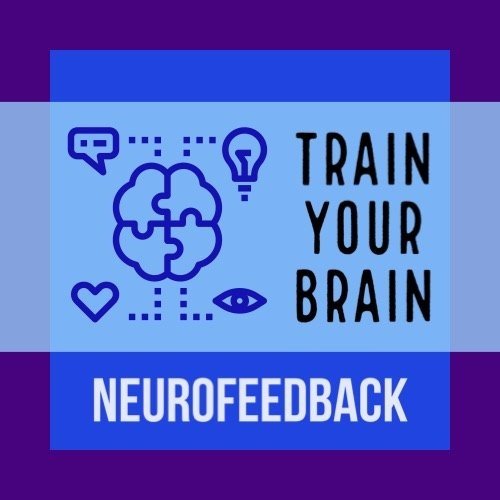Neurofeedback and Anxiety
The benefits of neurofeedback for anxiety disorders are numerous. Firstly, neurofeedback can help reduce symptoms associated with anxiety disorders, such as muscle tension, anxious thoughts, and panic attacks. Neurofeedback can help individuals learn to regulate their brain activity to reduce these symptoms.
Additionally, neurofeedback can help individuals improve their emotional functioning by increasing their ability to regulate their emotions. People with anxiety disorders may have difficulty regulating their emotions and may be overwhelmed by feelings of anxiety and stress. Neurofeedback can help strengthen the neural circuits responsible for emotional regulation, which can help individuals better manage their emotions.
Finally, neurofeedback can help build resilience to stress by increasing the brain's capacity to cope with stressful situations. People with anxiety disorders may be more sensitive to stressful situations, which can heighten their anxiety levels. Neurofeedback can help strengthen the neural circuits responsible for stress resilience, enabling individuals to better handle stressful situations.
and more specifically...
Neurofeedback for anxiety typically involves training the alpha (8-12 Hz) and theta (4-8 Hz) frequency bands in brain regions involved in emotional regulation, such as the amygdala and the ventromedial prefrontal cortex. The training consists of teaching the person to increase alpha production and reduce theta production in these brain regions using real-time feedback.
Neurofeedback for anxiety can be conducted over multiple sessions, typically lasting between 20 and 60 minutes each, depending on the person's tolerance. The total duration of the training depends on the severity of the anxiety and the individual response of each patient.
It is important to note that neurofeedback does not work for all patients with anxiety, and results can vary among individuals. However, many studies have shown that neurofeedback can reduce anxiety symptoms and improve emotional regulation in people with anxiety, and can have lasting effects on symptoms after the training has ended.
